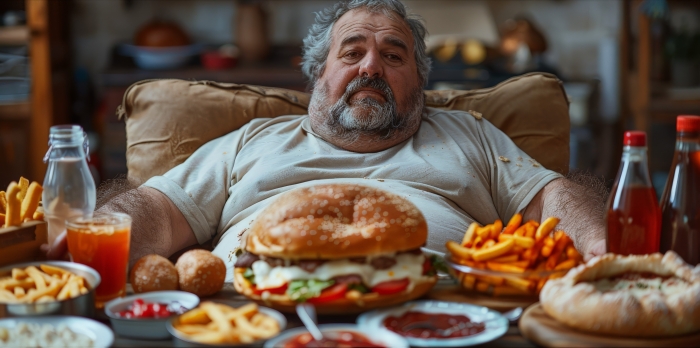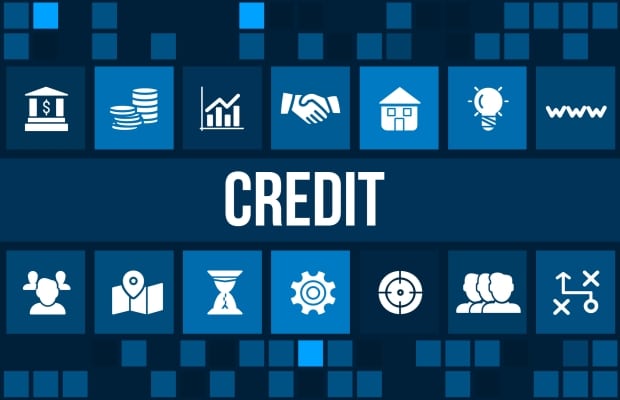Top Three Ways to Control Your Emotional Hunger


These are just some of the signs you need to watch for when it comes to emotional eating.
As a result, you often turn to mindless and unhealthy eating which can eventually lead to obesity and associated illnesses.
In particular, parents are known to have emotional cravings because of the stressful marital and parental responsibilities they often have to juggle daily. When you’re adjusting to blended family life, your emotional hunger triggers may become even more frequent.
So how do you control your emotional hunger? Here are the top three tried and proven ways to do it:
1. Identify Your Triggers
When you become more conscious of your eating habits, you’ll begin to notice patterns. One of the best ways to identify the patterns behind your emotional eating is to keep track with a food and mood diary.
You’ll identify triggers that make you suddenly want to gobble up something. Boredom, stress, loneliness, anxiety, exhaustion… the list of possible emotional triggers can go on and on. Which of these apply to you?
While most emotional eating is linked to negative feelings, it can also be triggered by positive emotions, for example, rewarding yourself for achieving a goal or celebrating a holiday or happy event. Even emotionally-based childhood eating habits and obsessions can activate your emotional hunger and drive you to eat.
2. Respond Differently To Your Triggers
Once you’ve identified your specific triggers, think of ways to address them differently instead of through food. For example, if stress causes you to reach for a bag of your favorite potato chips, why not go take a walk or give a positive friend a call? You can even play games or read a book.
While it may seem the core problem is you’re powerless over food, emotional eating actually comes from feeling powerless over your emotions. You don’t feel capable of dealing with your feelings head on, so you avoid them with food.
So what should you do? Embrace your uncomfortable emotions. When you don’t obsess over or stuff our emotions, even the most painful and difficult feelings diminish relatively quickly and lose their power to control us.
To do this you need to remain present to your feelings and learn how to stay connected to your moment-to-moment emotional experience. This can help you to rein in stress and repair emotional problems that often trigger emotional eating.
Your life will be richer when you open yourself up emotionally. Our feelings are a window into our inside world. They help us understand and discover our deepest desires and fears, our current frustrations, and the things that will make us happy.
By accepting and positively responding to your negative emotions you can eventually be victorious the next you are tempted to eat out of emotions.
3. Detoxify and Build a Healthy Lifestyle
Did you know detox is more than just a momentary process for weight loss and wellness? It’s a great way for you to start building a healthy lifestyle you can maintain for the rest of your life. According to research, people who frequently or regularly detox are able to sustain a healthier lifestyle in the long run. When you achieve this, your emotional eating can be resolved too.
Detox takes discipline. For a certain period, you have to eat with restrictions but it doesn’t mean you will feel deprived. For example, ordering food from high end online butchers will ensure you’re able to eat a satisfying meal while still maintaining your discipline. You will also be encouraged to drink plenty of water, sleep better and more. At first, it may be challenging. But as you adjust, you will find yourself doing it out of habit and actually enjoying it. You will realize just how good it can make you look and feel.
As you develop a healthy lifestyle and move toward wellness in your life, the emotional hunger pangs will be overtaken and may actually completely go away.
Emotional eating may be ordinary, but it’s not necessarily acceptable for your body and overall well-being. Therefore, it would be wonderful if you can try the given tips here and significantly reduce or actually end your emotional hunger. To your health!
Watch the following video to learn even more about emotional eating.
Click here to get a valuable Wellness Consultation by top-notch wellness concierge and detox coach Dax Dunn from the RAD Wellness Center.




